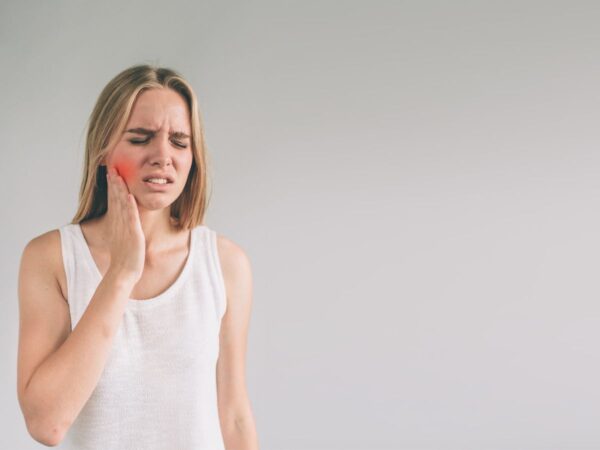Teeth Extraction Explained:
Dentists will do all they can to keep teeth in your mouth and avoid a tooth extraction if it is safe to do so. There comes a time when even the best cared for tooth needs to be extracted to avoid deteriorating oral health or provide space for neighbouring teeth. Teeth may either be pulled after some careful prising around the affected tooth or surgically removed.
The Process of Extracting a Tooth
Neither type of tooth extraction will be used until the dentist is sure that any infection in the root of the tooth is treated. The following process is then followed:
- The area around the tooth is cleaned with a special dental cleaning fluid to remove any germs in the area.
- An anaesthetic will be used to ensure that as little pain as possible is felt while the tooth extraction in New Westminster is carried out.
- The basic technique used to remove a tooth involves gently rocking the base of the tooth until it becomes loose and can be pulled free of the crevice in the jaw bone where the tooth’s root was located.
- Surgical removal involves creating a gap in the gum tissue surrounding the root of the tooth and extracting it through this gap.
- After a tooth has been extracted, the gap it creates is thoroughly cleaned and then sutured up to protect against infection and blood loss. In most cases, the wound heals up quite quickly, but may take a few days before any pain is gone.
 Instructions to follow after a tooth extraction
Instructions to follow after a tooth extraction
The vast majority of tooth extractions are problem free and your mouth will heal quite naturally. The healing process starts when the blood flowing to the old tooth’s root clots, preventing any further loss of blood. You should avoid eating or chewing any hard or sharp types of food for at least a day or two to allow the clotting process to occur completely.
Your mouth may feel a little swollen and painful for some time after the anaesthetic wears off, but this will eventually revert to normal. Your dentist will advise you of any special precautions, and you should contact the dentist if you still feel pain after a fortnight.
FAQs
1. Do I need to have my teeth extracted?
Your dentist will only advise a tooth extraction if it is really necessary. Dentists prefer to find an alternative to a tooth extraction if at all possible.
2. What should I do if I am allergic to some anaesthetics?
The dentist will ask you about any allergies or negative responses to anaesthesia you have experienced before. If there is a conflict, then the dentist will provide you with other options that can be used like Benadryl. Generally, modern anaesthetics tend to be less likely to cause allergies than earlier ones used in dentistry.
3. Will a tooth extraction in New Westminster hurt?
Because of the use of a suitable anaesthetic, there is very little or no pain during the extraction. Your dentist will prescribe painkillers that could be taken once the numbing effects of the anaesthesia wear off after the procedure.
4. What food and drink should I consume following a wisdom tooth extraction?
You should eat soft foods, rinse your mouth carefully with salt water and ice your cheek for ten minutes at a time which may help relieve any discomfort.
5. What can be done to avoid a tooth extraction?
Regular dental check-ups can alert the dentist to problems with a particular tooth before it is too late.
You can expect the dentists who specialize at Tooth Extraction in New Westminster to make the best choices for your teeth extraction which will help to maintain your smile.


 Instructions to follow after a tooth extraction
Instructions to follow after a tooth extraction


